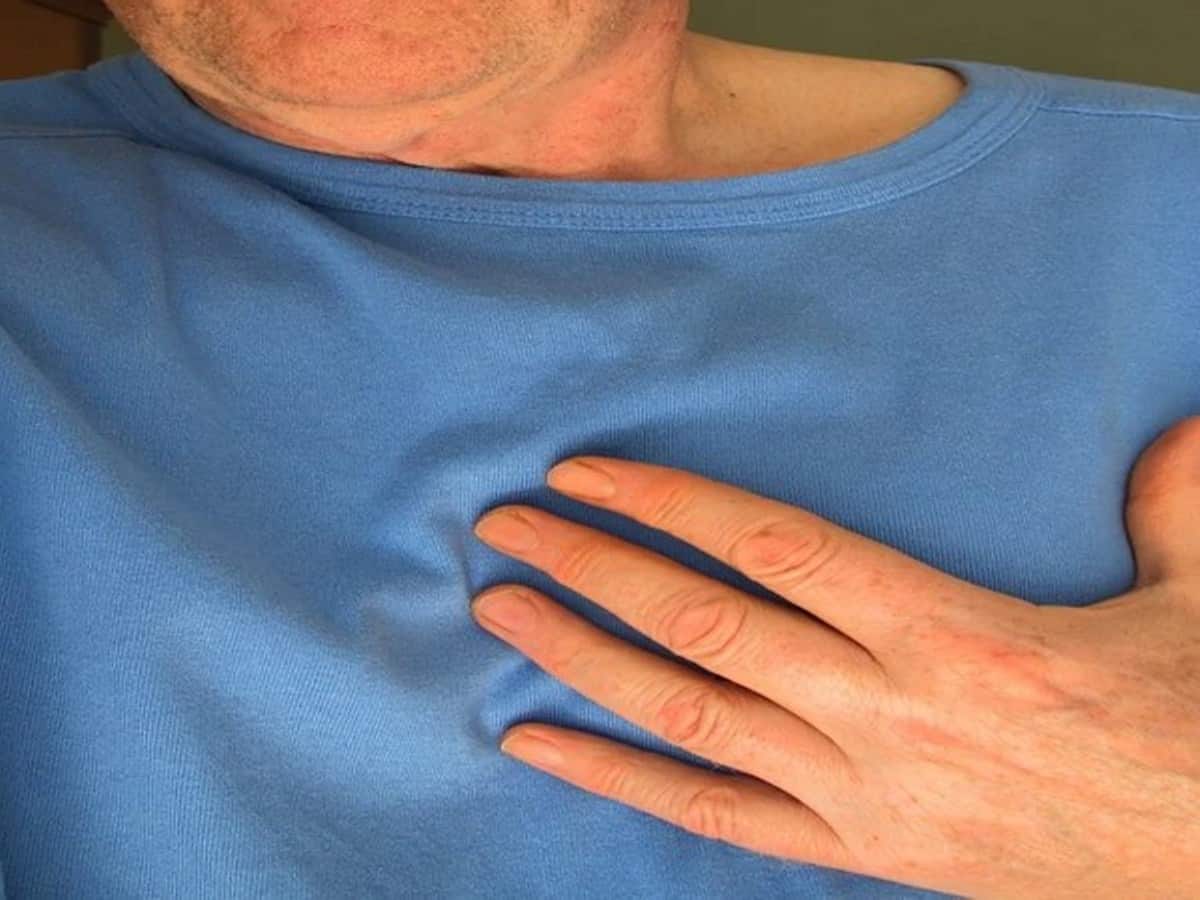Dublin: A global study co-led by NUI Galway into causes of stroke has found that one in 11 survivors experienced a period of anger or upset in the one hour leading up to it.
The research published in the European Heart Journal found that one in 20 patients had engaged in heavy physical exertion.
The suspected triggers have been identified as part of the global INTERSTROKE study — the largest research project of its kind, which analysed 13,462 cases of acute stroke, involving patients with a range of ethnic backgrounds in 32 countries, including Ireland.
Stroke is a leading global cause of death or disability. Each year, approximately 7,500 Irish people have a stroke and around 2,000 of these people die. An estimated 30,000 people are living in Ireland with disabilities as a result of a stroke.
Professor Andrew Smyth, Professor of Clinical Epidemiology at NUI Galway, Director of the HRB-Clinical Research Facility Galway and a Consultant Nephrologist at Galway University Hospitals, was one of the lead researchers.
He said: “Stroke prevention is a priority for physicians, and despite advances, it remains difficult to predict when a stroke will occur. Many studies have focused on medium to long-term exposures, such as hypertension, obesity or smoking. Our study aimed to look at acute exposures that may act as triggers.”
The research analyzed patterns in patients who suffered an ischemic stroke — the most common type of stroke, which occurs when a blood clot blocks or narrows an artery leading to the brain, and also intracerebral haemorrhage — which is less common and involves bleeding within the brain tissue itself.
Professor Smyth added: “We looked at two separate triggers. Our research found that anger or emotional upset was linked to an approximately 30 per cent increase in the risk of stroke during one hour after an episode — with a greater increase if the patient did not have a history of depression. The odds were also greater for those with a lower level of education.
“We also found that heavy physical exertion was linked to an approximately 60 per cent increase in risk is of intracerebral haemorrhage during the one hour after the episode of heavy exertion. There was a greater increase for women and less risk for those with a normal BMI,” he said.
The study also concluded that there was no increase with exposure to both triggers of anger and heavy physical exertion.
Co-author of the paper, Dr Michelle Canavan, Consultant Stroke Physician at Galway University Hospitals, said “Our message is for people to practice mental and physical wellness at all ages. But it is also important for some people to avoid heavy physical exertion, particularly if they are high-risk of cardiovascular, while also adopting a healthy lifestyle of regular exercise.”
The global INTERSTROKE study was co-led by Professor Martin O’Donnell, Professor of Neurovascular Medicine at NUI Galway, and Consultant Stroke Physician at Galway University Hospitals, in collaboration with Prof Salim Yusuf of the Population Health Research Institute of McMaster University and Hamilton Health Sciences, Canada.
“Some of the best ways to prevent stroke are to maintain a healthy lifestyle, treat high blood pressure and not to smoke, but our research also shows other events such as an episode of anger or upset or a period of heavy physical exertion independently increase the short-term risk.” Prof O’Donnell said.
“We would emphasize that a brief episode of heavy physical exertion is different to getting regular physical activity, which reduces the long-term risk of stroke,” Prof O’Donnell concluded.

